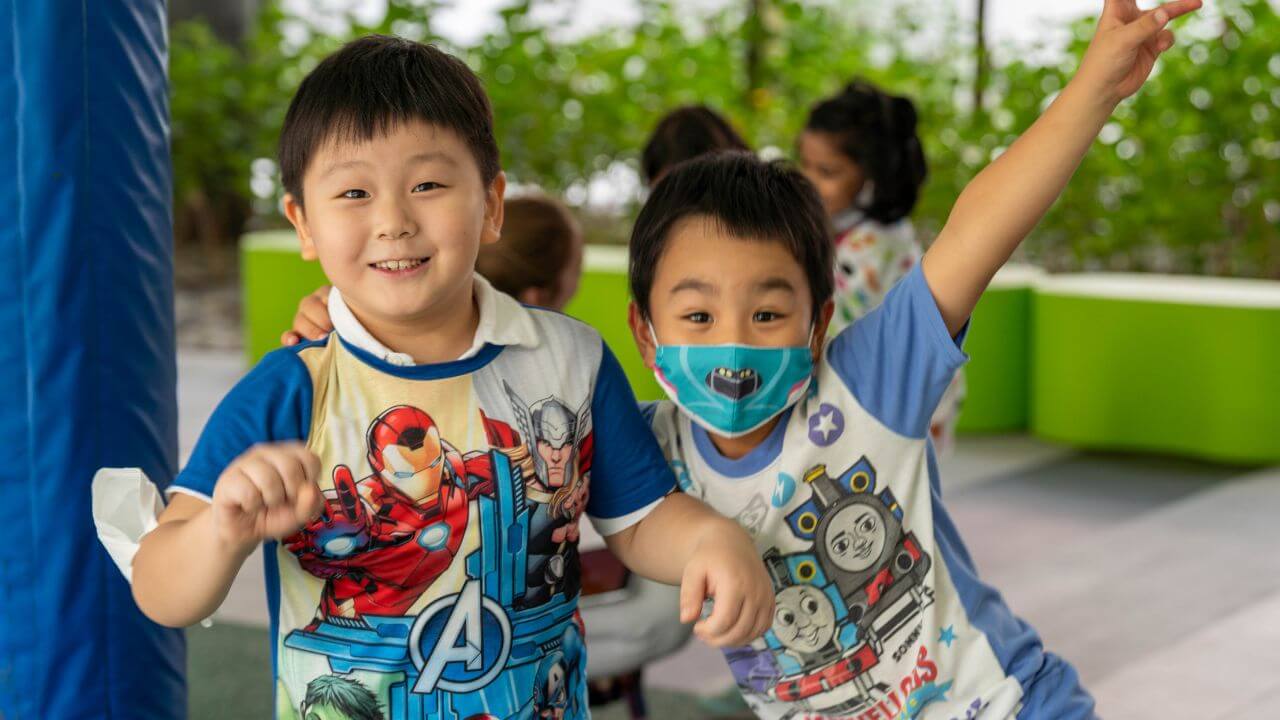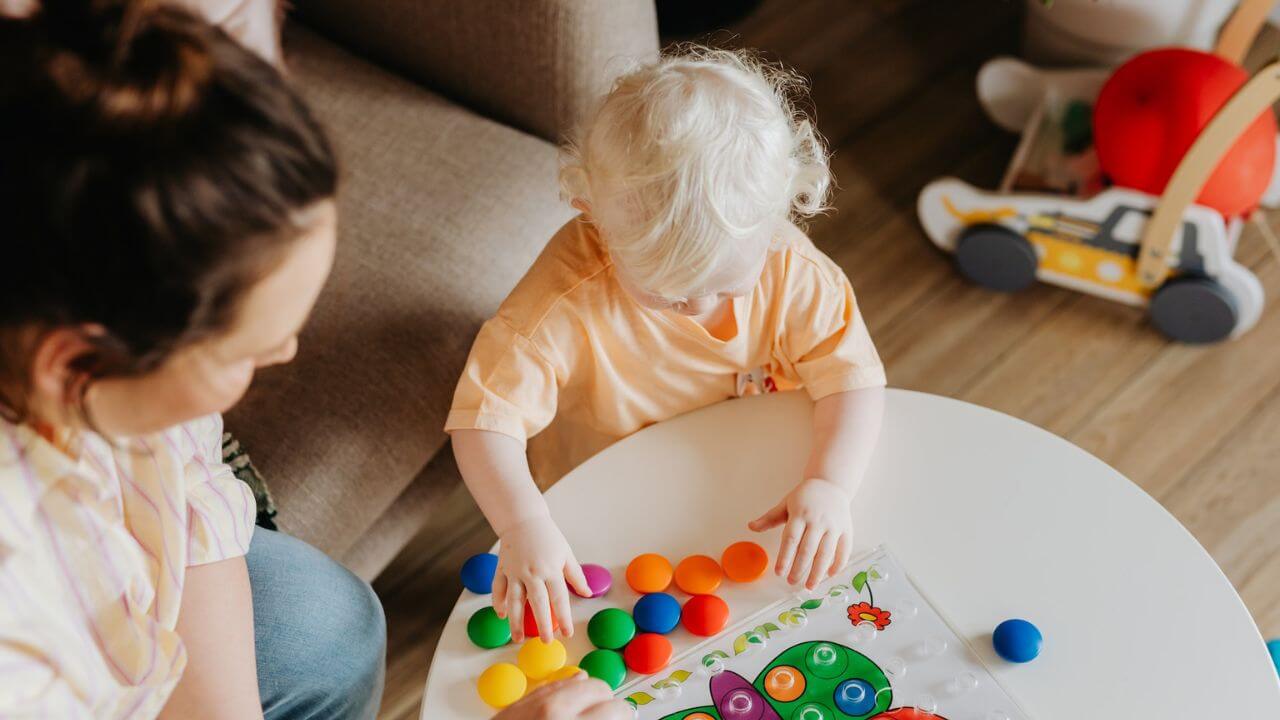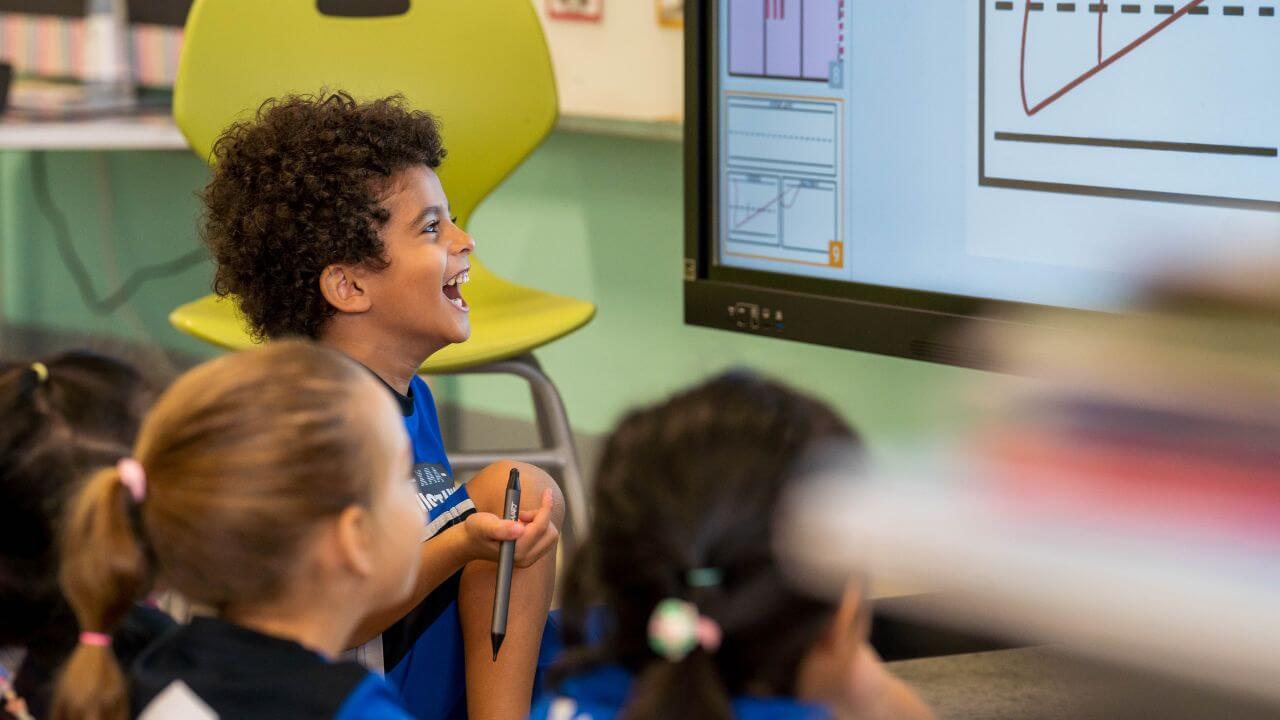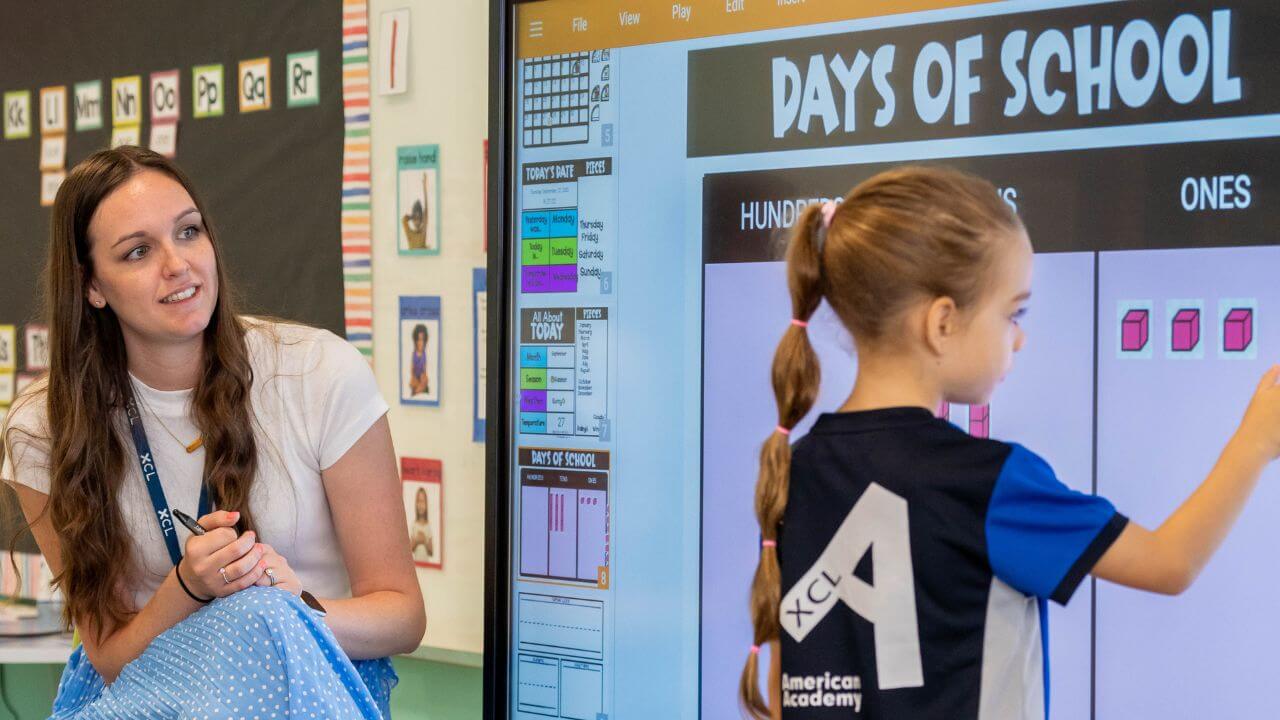
10 Ways to Help Your Child Make Friends in Kindergarten
The importance of developing friendships cannot be overstated; having good relationships with others helps children understand how society works and what kind words mean when you say them out loud!
But with the majority of the children who are going to kindergarten starting their formative years at home, it can be a real struggle to be open and welcoming, and they may even feel anxious meeting people other than their close family.
Even if your child is naturally shy, you can help them develop better social skills at an early stage. Here are some tips to help your children make friends in kindergarten.
- Practice saying hello
- Baby steps
- Maintain a comfortable presence
- Plan a playdate at home
- Build social confidence and competence
- Teach your child how to join a play
- Read friendship stories
- Share with your child that sometimes friends make mistakes
- Practice listening, comprehension and communication
- Sometimes, all they need to do is ask
1. Practice saying hello
Making the first move towards introduction can be a very frightening endeavor for your child. You can help your child by encouraging them to say hello to anyone they see around. It can be the delivery guy, the security guard, or the friendly teacher.
Practicing in a warm and safe environment encourages your child to open up, learn and develop social skills.
If they’re not ready for that, you can start from within your family circle and friends.
Demonstrating will also expose your child to social cues in a more comfortable space.
If they feel a bit shy, teach them some conversation starters or ice-breakers like “Do you have a pet? ” or “Do you like ice cream?”.
2. Baby steps
Start practicing this when your child seems ready for new social interactions. It can be with a child at a park or with a neighbor.
It is important for your child not only to feel confident but also to have a positive attitude towards meeting new people.
3. Maintain a comfortable presence
In the beginning, it is important to be there for your child consistently when they interact with other children. Confidence will slowly build, especially when you’re always there to guide them and give assurance that they are doing a great job and if they’re doing it right.
Avoid saying no or other discouraging words, and let your child socialize at their own pace.

4. Plan a playdate at home
Having a playdate at home is the perfect way to allow your child some time in their environment without feeling overwhelmed. This will help them work on overcoming shyness while also having fun with other children!
5. Build social confidence and competence
We all know the feeling of looking up and discovering that mom and dad are not around to be with you or to help you. But if you give your child opportunities to be on their own in a structured, safe, and encouraging environment, you child will gain more confident in themselves to be alone, and with newly found friends as well!
But how do you build social confidence and competence?
For example, set expectations on how a playdate would go. When you tell your child that the playdate is for 30 minutes, do say goodbye and leave after 30 minutes.
If you plan to step out for a bit, let your child know where you are going and when you’ll be back.
If you plan to leave them and have the friend’s mother drop your child off at home, do let your child know, so they doesn’t wonder where you have gone.
6. Teach your child how to join in a play
We have already demonstrated how roleplay can help your child navigate social rules.
Roleplay is also a great way to help your child navigate through mundane and common real-life scenarios. Show your child how they can join a group of children to play with them beyond saying the words “Can I join?”.
Show through body language as well – did my expression look happy/sad when asking this question? Did it show excitement at being part of such fun activity?

7. Read friendship stories
Read stories about children making friends. Talk about what the characters in these books say and do to make friends, and how they communicate and solve problems. After that, you can let your child try out similar moves with you or your family members.
8. Share with your child that sometimes friends make mistakes
Forgiveness, compassion and empathy are key values in maintaining friendships, and you must start early in teaching them how. Moreover, let your child know that not all the time, their newly found friend will, for example, share a toy today or lend them their favorite crayon.
Teach your child that friends do not agree with each other all the time or always do what you ask or say the nicest things about you.
9. Practice listening, comprehension and communication
Miscommunication causes a lot of drama, so help your child learn how to listen, understand the words and the social cues and communicate what they want to express. It can be very hard for your child just to bottle up feelings inside, especially if they misinterpret what they hear or see or if something happened.
You can practice with some common phrases such as “Can you repeat that?” or “I’m sorry,” or “I didn’t mean to.”
10. Sometimes, all they need to do is ask
Your child can easily make friends if they only ask. Instead of waiting for someone to ask them out to play, practice how they can initiate play between classmates.
Making friends is one of the skills children need to succeed later on in life. Making friends (and keeping their friendships) can help children navigate social and emotional difficulties like getting along with other people and sorting out conflicts and issues.
Kindergarten is not just another educational ladder, but also a place where they can meet peers who share similar or different interests but can become friends for life.
It is important to choose a school that not only provides a learning environment that fosters curiosity and confidence building through positive attitudes but also a warm and safe place where children can freely interact and expand their social circle.
Allow your child to enjoy an inclusive learning environment and a wealth of engaging learning experiences at XCL American Academy

XCL American Academy (XAA) provides students with the opportunity to learn within a unique learning environment, underpinned by American values and a personal character development program that provides full immersion in a proven curriculum that prepares them to become agents of their own success.
Our Kindergarten Program has been designed to ensure the care and wellbeing of our youngest learners and help them thrive on the first step of their educational journey, while enjoying a wealth of engaging activities and learning experiences.
XAA’s Kindergarten teacher, Caitlan Winter, shared some wonderful insights on how she helps children in her class build meaningful friendships.
“To encourage a positive and open classroom community, we start each morning gathering together on the carpet for our morning meeting. During this time, students are invited to participate in various routines and discussions about their personal lives, likes, dislikes and many other exciting things. In doing so, students can find common interests among their classmates, sparking curiosity and later conversations.”
Caitlan also believes in creating opportunities that will bring kids to work together through simple tasks and activities.
“To help my students make friends, I practice small group and partner work throughout the school day. This helps to build their communication skills and eventually build strong and meaningful relationships with their classmates.”
If you are interested to find out more about XAA, our Kindergarten program and inclusive learning environment, reach out to our Admissions Team today!
Got a young learner who is ready for kindergarten? Learn why our Early Childhood program can also help your child flourish in curiosity and confidence.

This website uses cookies to improve user experience. By using our website you consent to all cookies in accordance with our Privacy Policy.




















